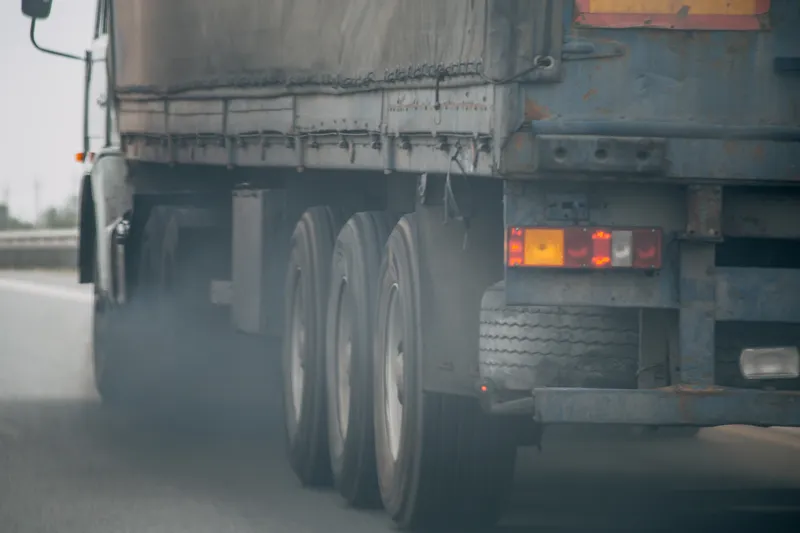The first policy outlook paper issued by the Better Infrastructure Initiative at the University of Sydney, Re-establishing Australia's Global Infrastructure Leadership, claims that Australia could save billions of dollars by focusing infrastructure spending on existing infrastructure networks.
The report found that low innovation, declining productivity and a failure to positively engage customers are key factors holding back the nation's infrastructure.
It recommends greater transparency, better stan
February 16, 2016
Read time: 2 mins
The first policy outlook paper issued by the Better Infrastructure Initiative at the University of Sydney, Re-establishing Australia's Global Infrastructure Leadership, claims that Australia could save billions of dollars by focusing infrastructure spending on existing infrastructure networks.
The report found that low innovation, declining productivity and a failure to positively engage customers are key factors holding back the nation's infrastructure.
It recommends greater transparency, better standards for infrastructure governance, a shifting of priorities towards customers and wherever possible the use of a market-driven approach to improve infrastructure performance.
"Instead of always looking to build big things, we should be focusing too on the smaller but often overlooked projects to decongest and de-bottleneck existing infrastructure,” said Garry Bowditch, executive director of the Initiative. “We can pump tens of billions of dollars into infrastructure, but there are other things we can do that would relieve the same problem if we actually look at the root cause of the issue."
"Too often, customers are not strongly engaged in the infrastructure project selection process, and are offered infrastructure on a 'take it or leave it' basis. The paper concludes that where governments facilitate the development of markets and bring service providers and customers closer together, greater emphasis is placed on common sense infrastructure outcomes," Bowditch said.
The Better Infrastructure Initiative is a partnership between University of Sydney's John Grill Centre for Project Leadership and the National Australia Bank (NAB).
"This report is the first of several papers aimed at lifting the planning and management capabilities of government and business," said Bowditch.
The report found that low innovation, declining productivity and a failure to positively engage customers are key factors holding back the nation's infrastructure.
It recommends greater transparency, better standards for infrastructure governance, a shifting of priorities towards customers and wherever possible the use of a market-driven approach to improve infrastructure performance.
"Instead of always looking to build big things, we should be focusing too on the smaller but often overlooked projects to decongest and de-bottleneck existing infrastructure,” said Garry Bowditch, executive director of the Initiative. “We can pump tens of billions of dollars into infrastructure, but there are other things we can do that would relieve the same problem if we actually look at the root cause of the issue."
"Too often, customers are not strongly engaged in the infrastructure project selection process, and are offered infrastructure on a 'take it or leave it' basis. The paper concludes that where governments facilitate the development of markets and bring service providers and customers closer together, greater emphasis is placed on common sense infrastructure outcomes," Bowditch said.
The Better Infrastructure Initiative is a partnership between University of Sydney's John Grill Centre for Project Leadership and the National Australia Bank (NAB).
"This report is the first of several papers aimed at lifting the planning and management capabilities of government and business," said Bowditch.










